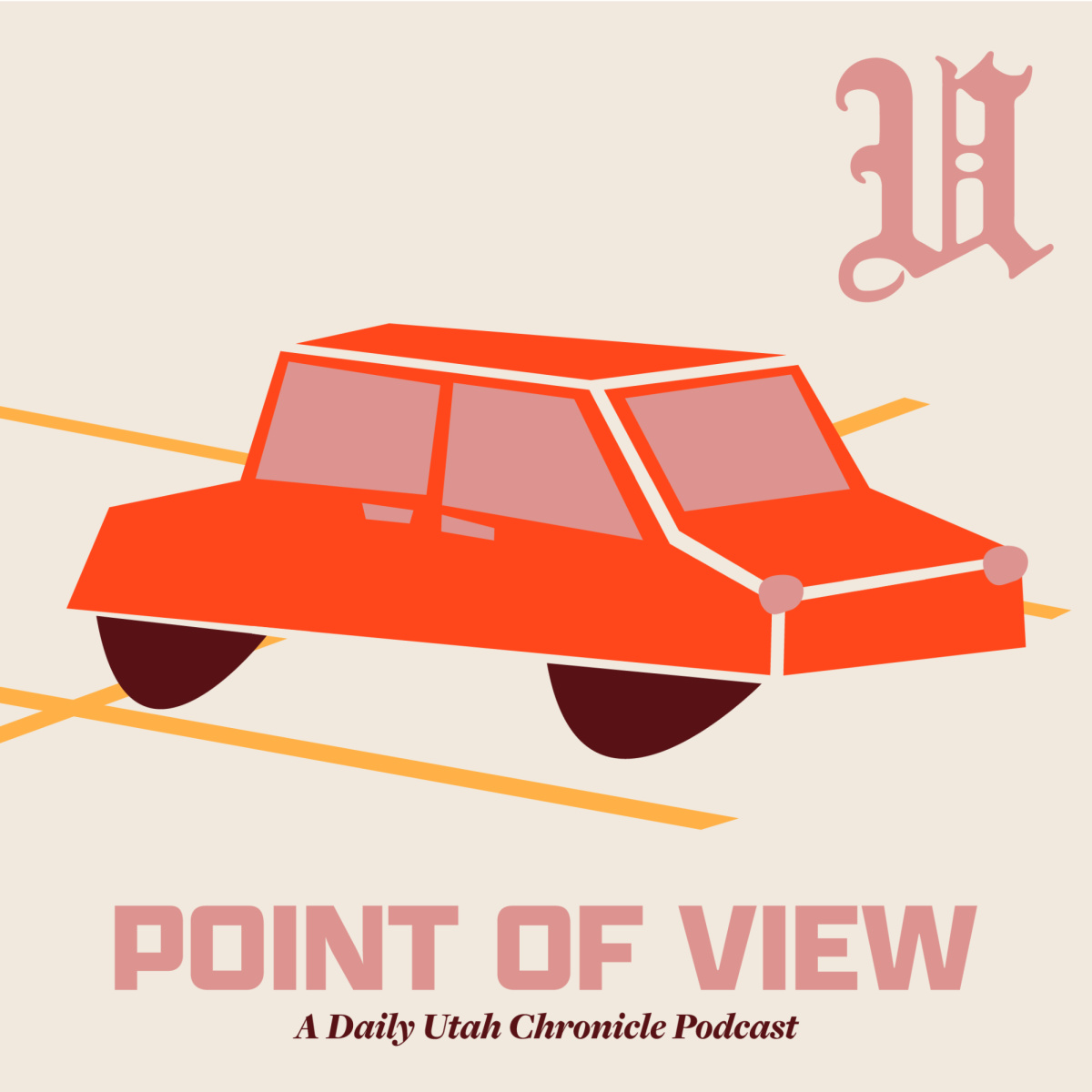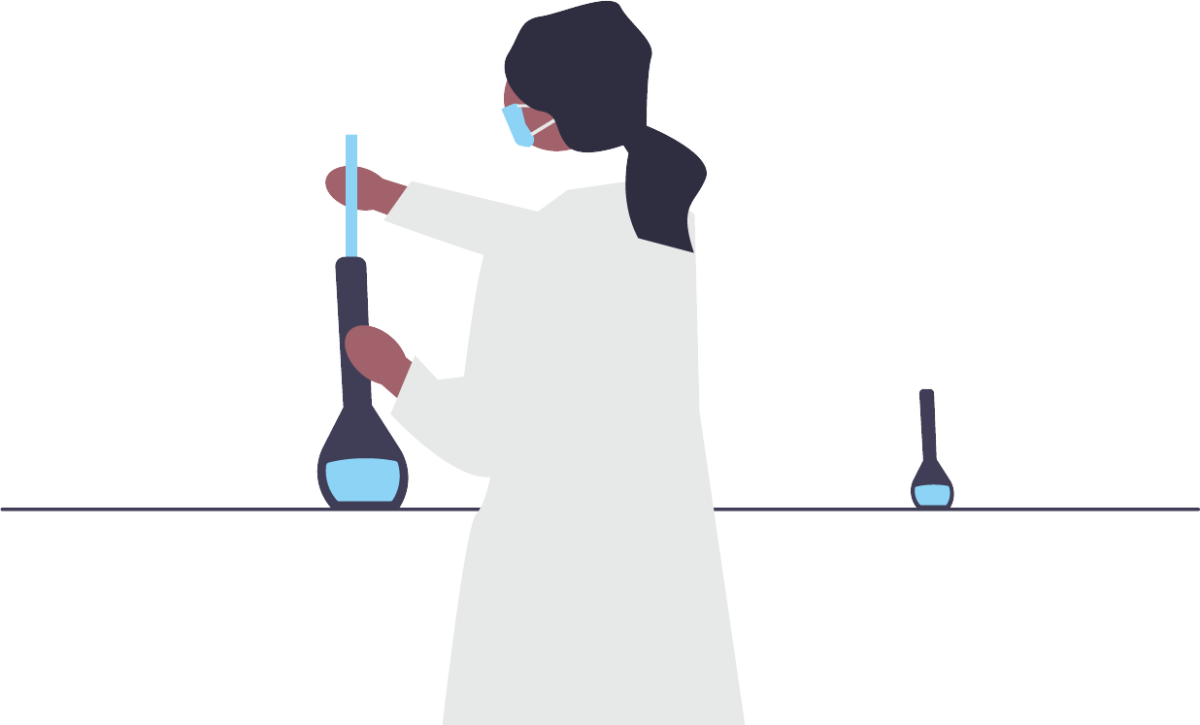The undeniable drug problem in our country has long been relegated primarily to low-income and minority communities. The brunt of blame associated with the effects of drug abuse is also linked with these same subgroups, but new research shows what mainstream media refuses to admit: America is plagued with a pill-popping epidemic, and the individuals affected most are young, Caucasian adults.
A recent study carried out by The New York Times analyzed data from the Centers for Disease Control and found that the mortality rate for young white adults is rising steadily, making those aged 25 to 34 the first generation to experience an increase in mortality from the preceding generation since the time of the Vietnam War. An alarming number of these young white individuals died from drug overdose, while death rates for black and Hispanic communities continues to fall. Our country has a serious prescription pill abuse issue, one that needs to be addressed by our government, insurance companies and communities.
More overdose-induced deaths are attributable to prescription pill abuse than to the use of illegal street drugs. Additionally, 52 million people over the age of 12 have used prescription drugs for a non-medical purpose. While the United States only makes up five percent of the world’s population, according to the National Institute on Drug Abuse, we consume 75 percent of the world’s prescription drugs. These statistics are even more shocking when coupled with the fact that those in upper-level income brackets are more likely to be taking one or more prescription drugs, for both medical and recreational reasons.
One of the most important solutions to this epidemic involves taking a closer look at our country’s pharmaceutical companies and the type of care that is typically covered by insurance companies. It is more likely for drugs to be covered for pain than physical therapy or acupuncture that could better benefit individuals struggling with chronic discomfort. It is not until patients start applying heavy pressure on their insurance companies to cover resources other than drugs that anything will change on a large scale. When drugs are readily consumed and patients try to numb the pain instead of curing it, a core aspect of their affliction, pharmaceutical and insurance companies simply profit off the agony of others.
However, I think what needs to be addressed seriously is the stigma surrounding drug abuse and who it affects. Doctors gauge that the only reason African-American or Hispanic subgroups are left out of the current epidemic is because they are less likely to be prescribed drugs by professionals for fear of subsequent abuse or selling of the narcotics. Racial prejudice should not be the only thing standing between individuals and addiction. Drug abuse no longer has any racial affiliation, and if you want to force one on the crisis, it would currently be young, white adults. So if making this a “white” epidemic will further discussion and action on a catastrophe whose data on a graph looks like an “infectious disease” according to experts, so be it. The addiction, abuse and subsequent annihilation of families and communities in this country due to prescription pills needs to end.






















